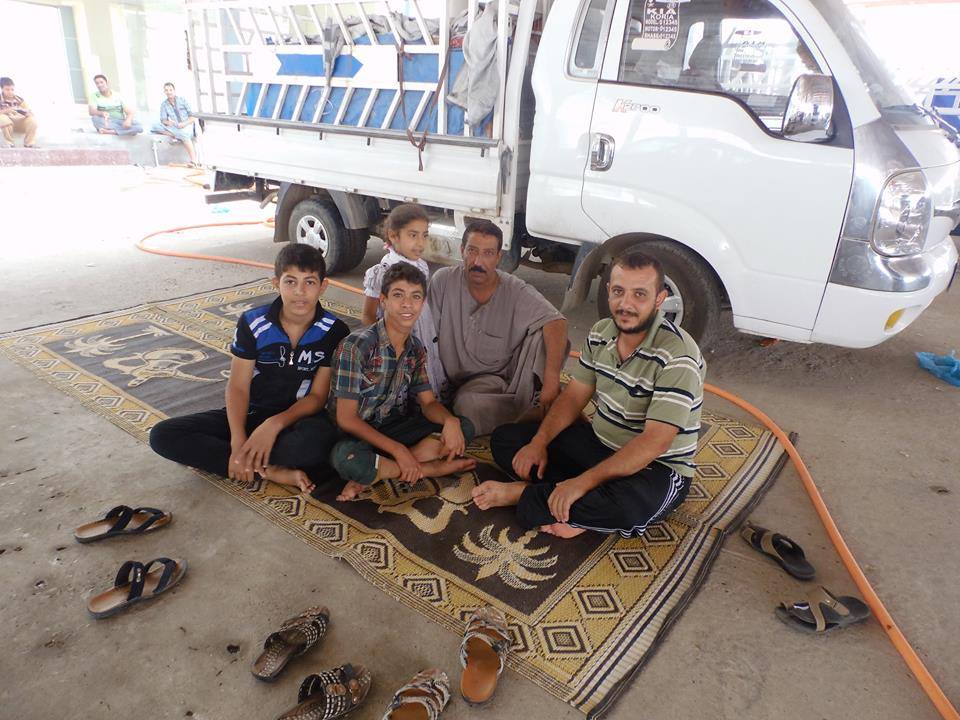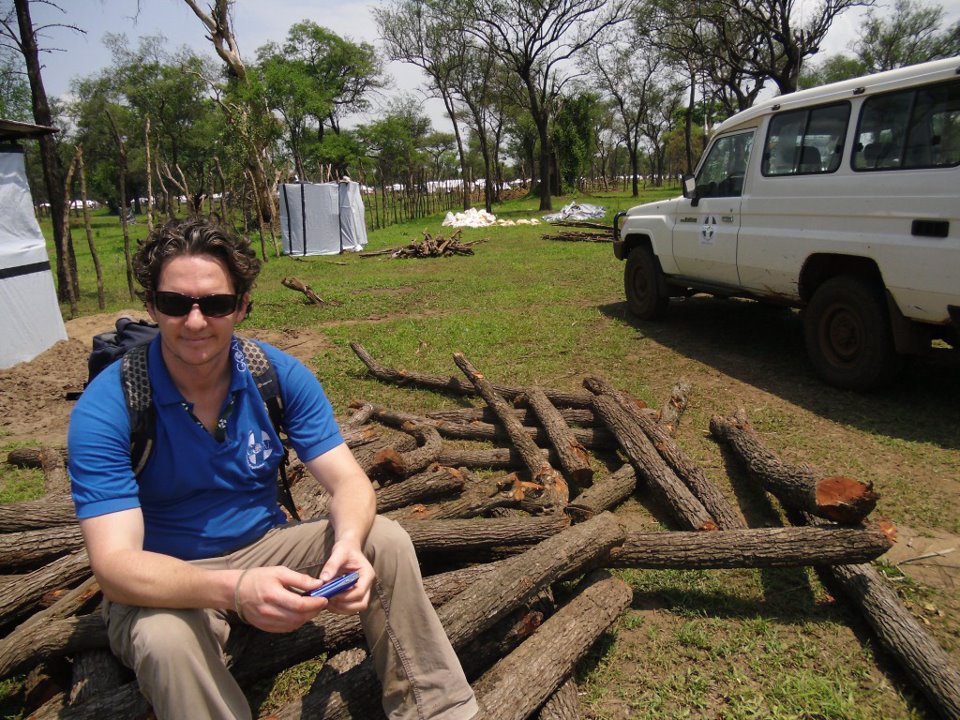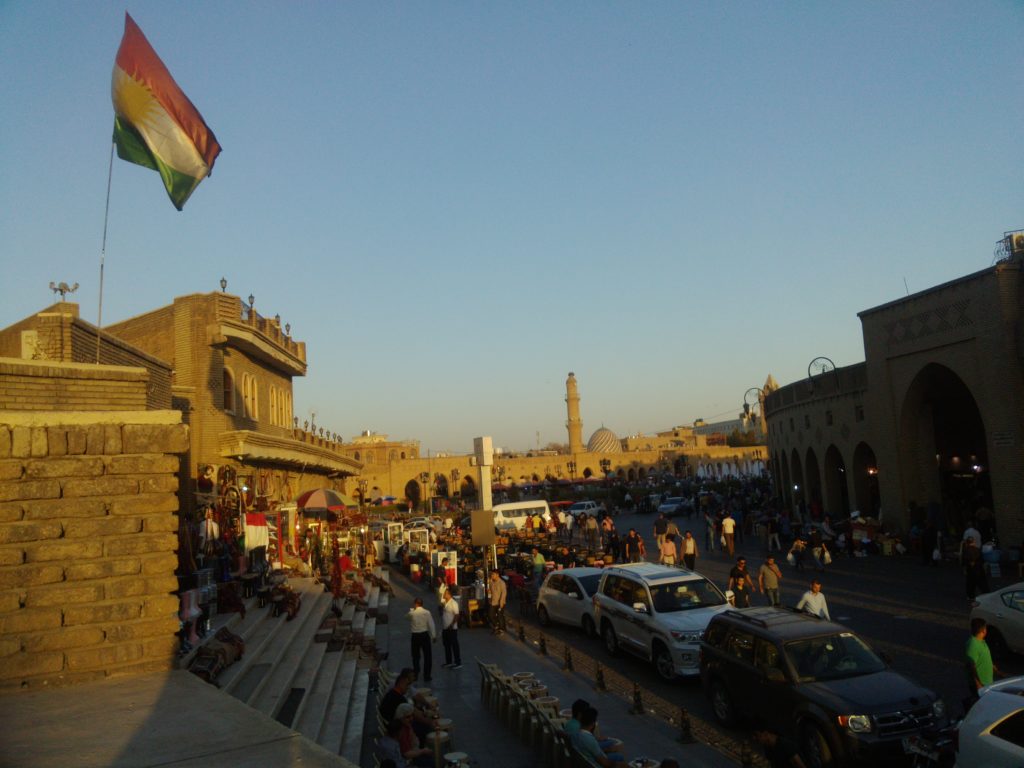 Blogs
Blogs
November 28, 2016 • 2 min read
“This region is one of the most welcoming I have been to."
-960x720.jpg)
"10 million people are in humanitarian need in the Kurdish Region of Iraq and we are scaling up programming to meet this need."
As I write, I am sitting at my laptop in GOAL’s headquarters in Dun Laoghaire. A cup of hot coffee sits steaming on the table in front of me. Outside the window, the harbour is peaceful. It’s early morning. All is quiet.
I am both literally and figuratively thousands of kilometres from the Iraqi / Syria border, from where I returned just last week.
Responding to the ongoing human misery wreaked by the Syrian conflict and the rise of the so called Islamic State (IS), GOAL is currently scaling up programming in the Kurdish Region of Iraq (KRI), an area encompassing the north of the country bordering Iran to the east, Turkey to the north, and Syria to the west.
Now in the third year since IS stormed across Iraq, 10 million people are in humanitarian need; KRI alone hosts almost a million internally displaced people and is the primary recipient of Syrian refugees to Iraq.
Though IS is being pushed back, the continued conflict, including the recent assault on the IS-held Mosul City, is precipitating wave after wave of newly displaced people into KRI, disrupting livelihoods and limiting basic services. This is, in turn, leading to ever greater levels of need among both host and displaced communities.
Given that I was, at times, just a handful of kilometres from the front line and IS forces, I felt an eerie sense of ease in KRI. As a humanitarian, one frequently has to deal with hostile local administrations and traumatised, distrustful populations. That was not the case in KRI.
From the Governor who agreed to meet us at short notice to our humorous and talented local staff and the shop keeper who wouldn’t allow me to leave until I had drank tea and conversed with him in rusty Leaving Certificate German, this region is one of the most welcoming I have been to.
To a person, the hospitality of the people of KRI was faultless and their message unwavering: “We need you now, please help us.”
When the page is turned on this wretched chapter in human history the character of our civilisation will be laid bare by how we have responded to this plea.
Christopher Boucher
BDU Coordinator
GOAL



